Racism Is A Global Pandemic
Eliminate Racial Injustice And Start Your Journey To True Allyship
While Covid-19 masks are becoming a cultural icon of social responsibility and good citizenship, the world witnessed the brutality of the people that are supposed to protect all of us. On May 25, the death of George Floyd—a 46-years old Black man—who took his last breath as a U.S police officer kneeled onto his neck for 8 minutes and 46 seconds, has once again ignited the ongoing fight against racism.
Some might feel they are not concerned by this event as it has happened far away, but the reality is that racism doesn’t have a geographic boundary: it can manifest anywhere. Yes, even in Japan do people of color (POC) experience racial injustice, microinsults, gaslighting phrases such as “What I said/did is not racist” or “Why is it always about race?” or fetishization which is pretty much racism wrapped in a pretty package and actually manipulative and dehumanizing.
Rage, frustration, and helplessness don’t appear out of anywhere, it is a product of generational oppression and systematic racism
The case of Racism in Japan
The majority of POC in Japan have encountered ignorance. The world we live in is so advanced and always moving forward, but at the same time, it’s so reliant on old opinions and attitudes.
“During my Black Creatives Japan talent show event called Showcase & Chill, the store owner across the street from us kept calling the police on our event. They came 7+ times. Then, at the very end, the owner came to some of our guests and called them the N-word,” says Ayana Wyse, founder of Black Creative Japan.
“I’m from Mali & California. In Japan, I benefit from my American ‘privileges’ that other Africans in Japan don’t experience. The one and only time I decided to wear my hair wrapped in African cloth to class, I was assaulted in the train by an older Japanese woman. She was sitting right in front of me where she pointed, laughed at me and cursed while calling me a ‘black witch’. The train was crowded & quiet so I couldn’t escape from her abuse. Another passenger quietly stood between us. It was a tiny thing but meant a lot to me,” says a woman of color living in Tokyo, who would like to stay anonymous.
“I’ve had people jumping scared from running into me and literally saying: kowaii (scary) or being told that the apartment advertised available actually wasn’t, seeing how my younger white counterparts are given credit and more opportunities at work simply because they are white. Even though I totally respect them as professionals, there is an obvious positive bias towards their capacities and a negative one towards employees of colors, who are always given the second chair,” says a woman of color who has been living in Japan for the last 10 years.
The first step: Self-reflection
When POC are advising people to reflect on their privileges, we are asking you to examine and consider all the privileges you have had in your life. What elements of racism you have ignored until now and what parts of yourself have supported the oppression of Black people—even unknowingly.
Writers such as James Baldwin have urged White people to turn their attention into themselves. It means you have to uncover the parts of yourself that aren’t pretty, leaving your white fragility aside and realize this is not about you. It’s about the injustice people of color have been and still are experiencing for generations. It’s about you taking risks and holding yourself and others accountable. It’s about how your privileges might keep you from understanding the disadvantages other people are facing. It’s about understanding racism as a system and receiving feedback on your problematic racial pattern in order to support your learning and personal growth.
Allyship
The road to becoming an anti-racist and an authentic ally is long and will require humility and active vigilance.
It’s ok to be afraid to be wrong. You might have to endure being checked a couple of times in your journey towards true allyship, but as long as you keep to the facts, failure will be difficult. Showing up imperfectly is better than not showing up at all. Use your privileges and help erase the propaganda that glorifies whiteness as a center of all lives and abolish demonizing the blackness of people in your community and industry. It’s not enough to be non-racist. You must be an unapologetically anti-racist calling out racism if you encounter it, it is your duty.
Showing up imperfectly is better than not showing up at all.
Intersectionality
Discriminations against Black women and women are intersecting forms of discrimination based on race and gender, and Intersectionality is most helpful if we look at social struggles. In times like this, it is important to uplift their values and experiences. Therefore, it is crucial that other marginalized groups and individuals who overlap, or intersect, unite their collective voices to be part of the solution. As a matter of fact, transwomen of color have been most despised, most subject to state violence, and most subject to individual violence, even within their own community.
“Stonewall uprising was led by black and non-black LGBTQIA+ people of color, with Marsha P. Johnson, a Black trans person leading them all. The strength that movement has given our community is absolutely immense. Without this movement, our LGBTQ+ community would have not achieved anything as close to what we have now, and the acceptance of LGBTQ+ rights would be not visible without Black lives. Our community must not forget this history. I will stand strong with Black Lives,” says Georgie Ichikawa, chairperson of MR Gay Japan.
You also have to acknowledge the intersection of race and gender, with the example of suffrage. White men granted suffrage to women, but only granted access to White women. Women of color were denied access until much later (in the U.S with the voting Right Act of 1965). In her article “When Feminism Is White Supremacy in Heels”, author Rachel Cargle explored the history of feminism through the lens of race and revealed the problematic effects that white-centered activism has had on the feminist movement.
“It is heartbreaking and angering to see Black communities continue to face systemic and physical violence, even today. Black women and trans-women have been fighting a battle to dismantle the systems and cultures that stand upon and perpetuate, injustice, and inequality for centuries. That is why, as an intersectional feminist, I stand in solidarity with Black people with humility and empathy, and I encourage other feminists to do the same, “ says Yuki Nakao, Co-Founder of WomEnpowered International and Founder of HerStory Japan. Racial justice is a feminist and LGBTQ+ issue and it’s time to speak up on this undercurrent of racism and unfairness that keep sweeping Black away from opportunities and their lives.
All lives Matter
This slogan overlooks systemic injustice plaguing the black community. It denies the oppression that Black people face and silence the cries of the unheard. All lives can’t matter until Black lives matter. Period. In order to move towards equality for all people, we must start with advocacy for the most marginalized. In other words, intersectionality takes into account people’s overlapping identities and experiences that are often disadvantaged by multiple sources of oppression: their class, ethnicity, gender identity, sexual orientation, religion, and other identity markers.
“I don’t see color” is not helping
How are we going to fix something if people constantly believe they don’t see it? Color-blind-racism is a concept that ignoring race and racial differences. Not seeing color is erasing the identity, oppression, discrimination, and dismissing the very struggles and experiences that come with being Black. People of color are always aware and reminded on a daily basis around the world of the color of their skin.
Comfortable being uncomfortable
Black people are constantly grappling with discomfort. This time, it will require you to have uncomfortable conversations with the people in your lives. You might lose friends: you can have different opinions on different topics, but not on human rights, basic decency, and morality. These conversations are going to be extremely uncomfortable as you are dismantling your own privileges, unlearning anti-Black bias, and taking a stand on your own complicity in upholding White power structures. Break the toxic illusions of harmony: a refusal to have these discussions, as its core, is a refusal to give up the comfort, power, and privileges. And to help.
Education
While being able to understand what is happening now, we have to go back and look at how racism has been affecting people of color around the globe for centuries. These protests that are happening around the world are not just demonstrations against police brutality, but rooted systematic racism that is especially relevant in countries that have a history of colonialism by Western nations. It’s your responsibility to educate yourself and the people around you and shape a better world.
Savvy Tips
Here are some helpful key terms for your Google research:
- Anti-colonialism
- Black Panther Party
- 13th Amendment loophole
- Police brutality history
- Racial Wealth gap
- War on drugs
- Black trans right
What you can do in Japan to help the Black community
Support Black-owned businesses and artists in Japan!
1. Eat
View this post on Instagram
Soul food house, Tokyo 106-0045, Minato City, Azabujuban, 2 Chome−8−10
View this post on Instagram
Little Ethiopia, Tokyo 124-0014, Katsushika City, 3 Chome-34-17 Higashiyotsugi
2. Follow Black Artists
- Tegvir Singh – Instagram
- Wendy Sylvain – Instagram
- Aaron Marin – Instagram
3. Join Peaceful Marches in Japan
4. Engage in the Community
On June 27, the event “8:46 – A Conversation About Race In Tokyo ” will be held in Tokyo, both in English and Japanese.
George Floyd isn’t a “wake up call”. The same alarm has been ringing since 1619. We all just keep hitting snooze.
We are proud to host 8:46 (Eight Minutes Forty-six Seconds) and invite our community to a conversation about race in Tokyo. Join us for a guided discussion, activities, music, art, and drinks/snacks.
Sign up if you wish to attend, the event is limited to 50 participants.
If you have other Black-owned businesses recommendations, event, peaceful march to add to this list, leave a comment or contact us.

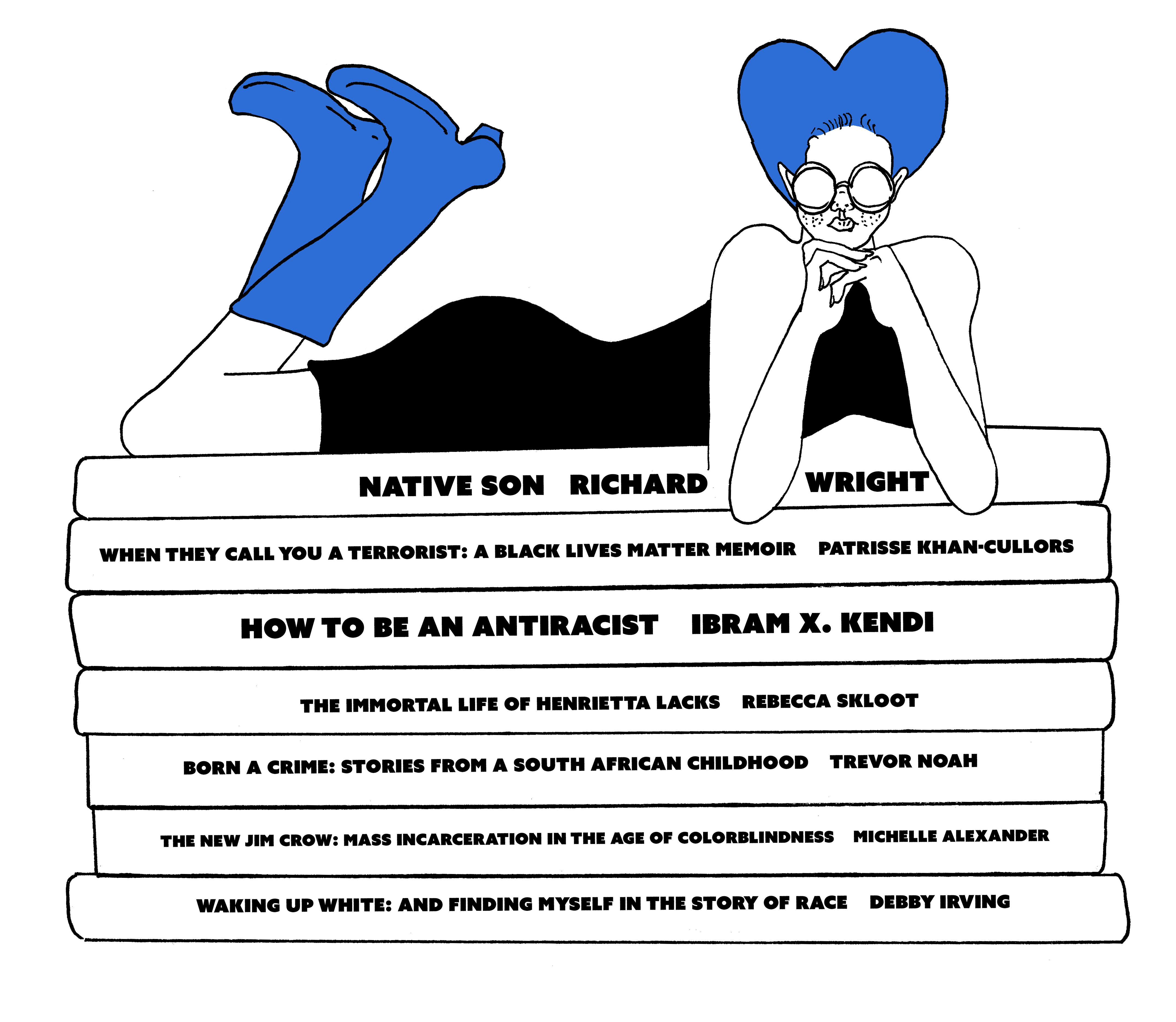
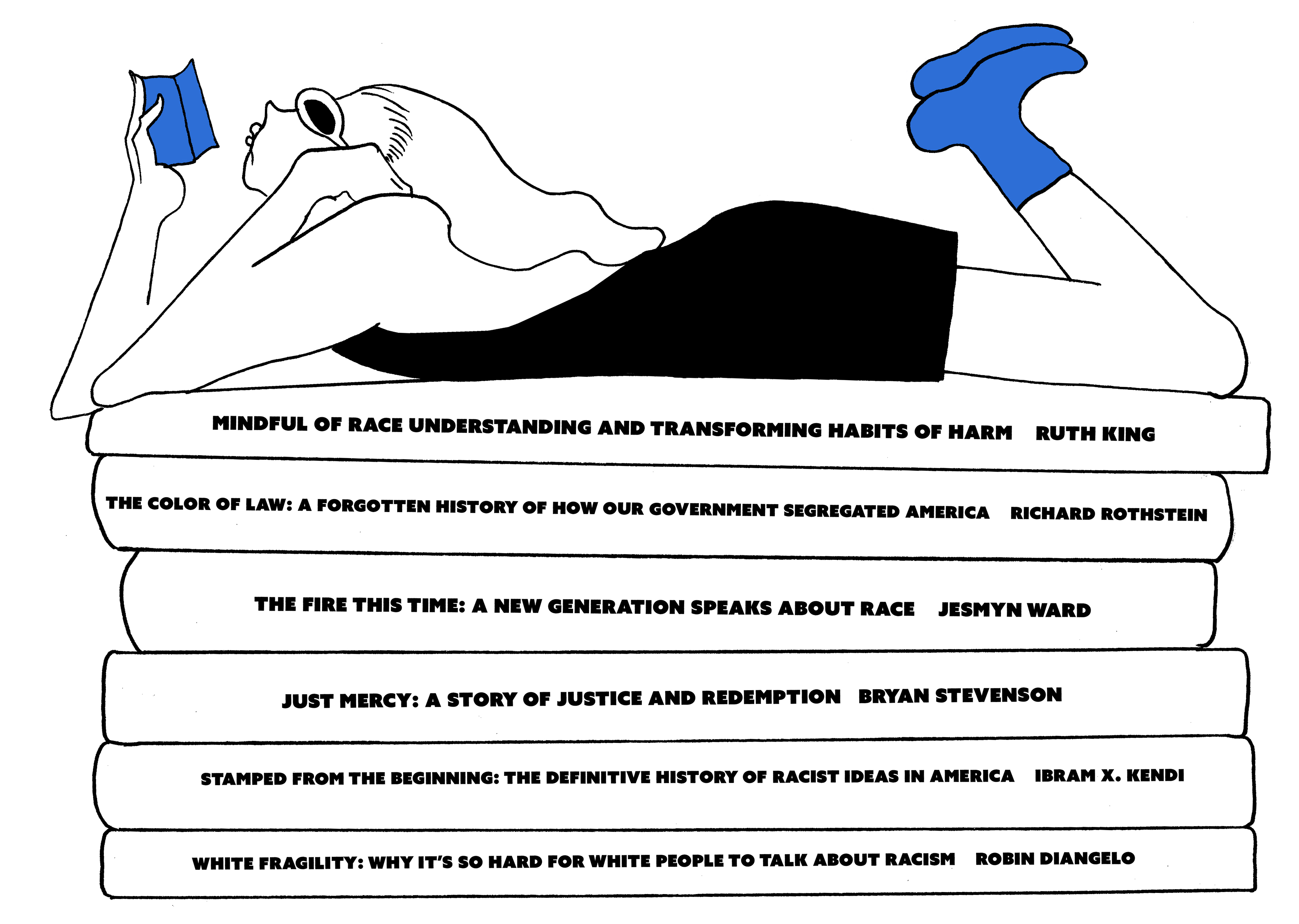
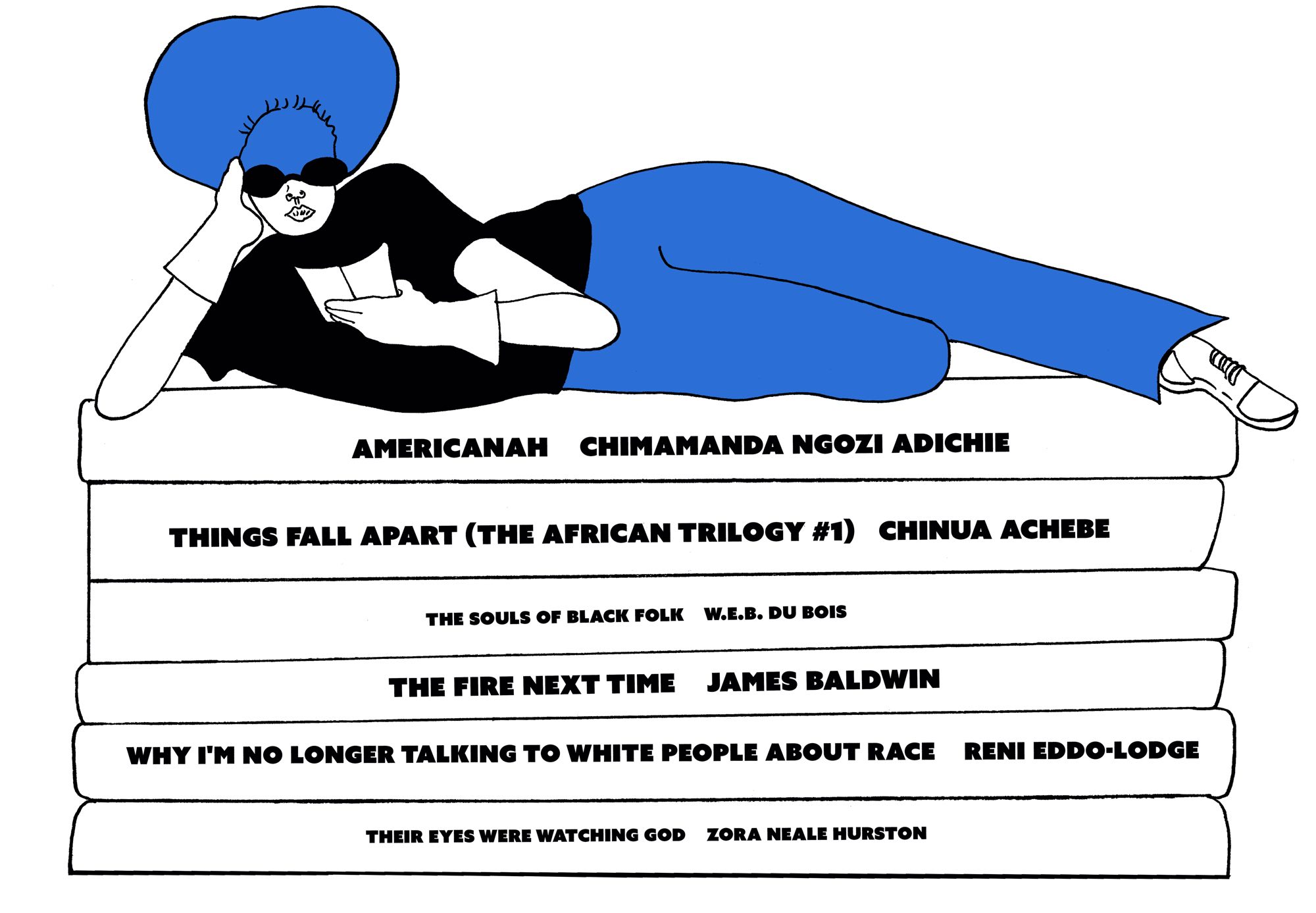
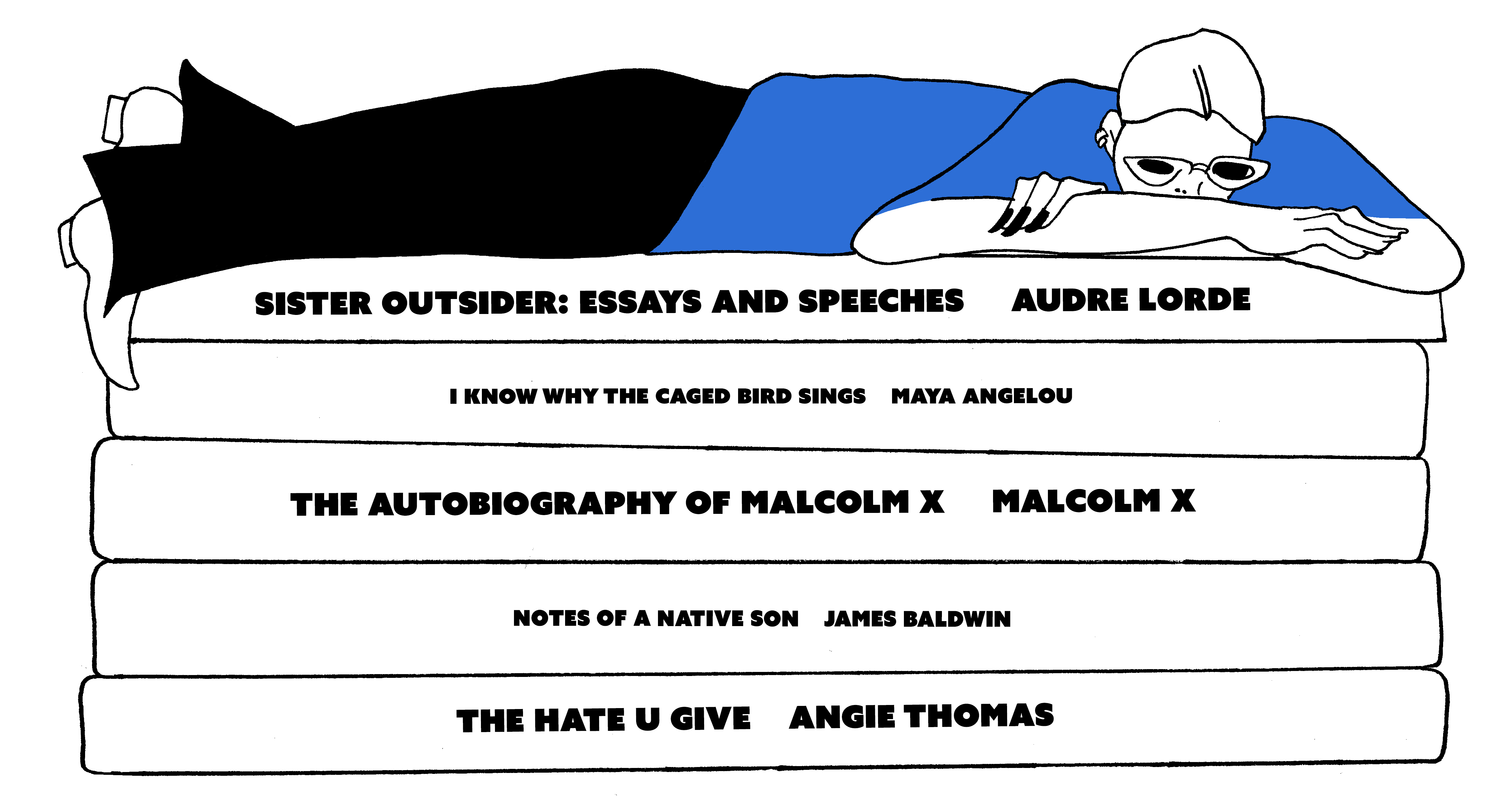
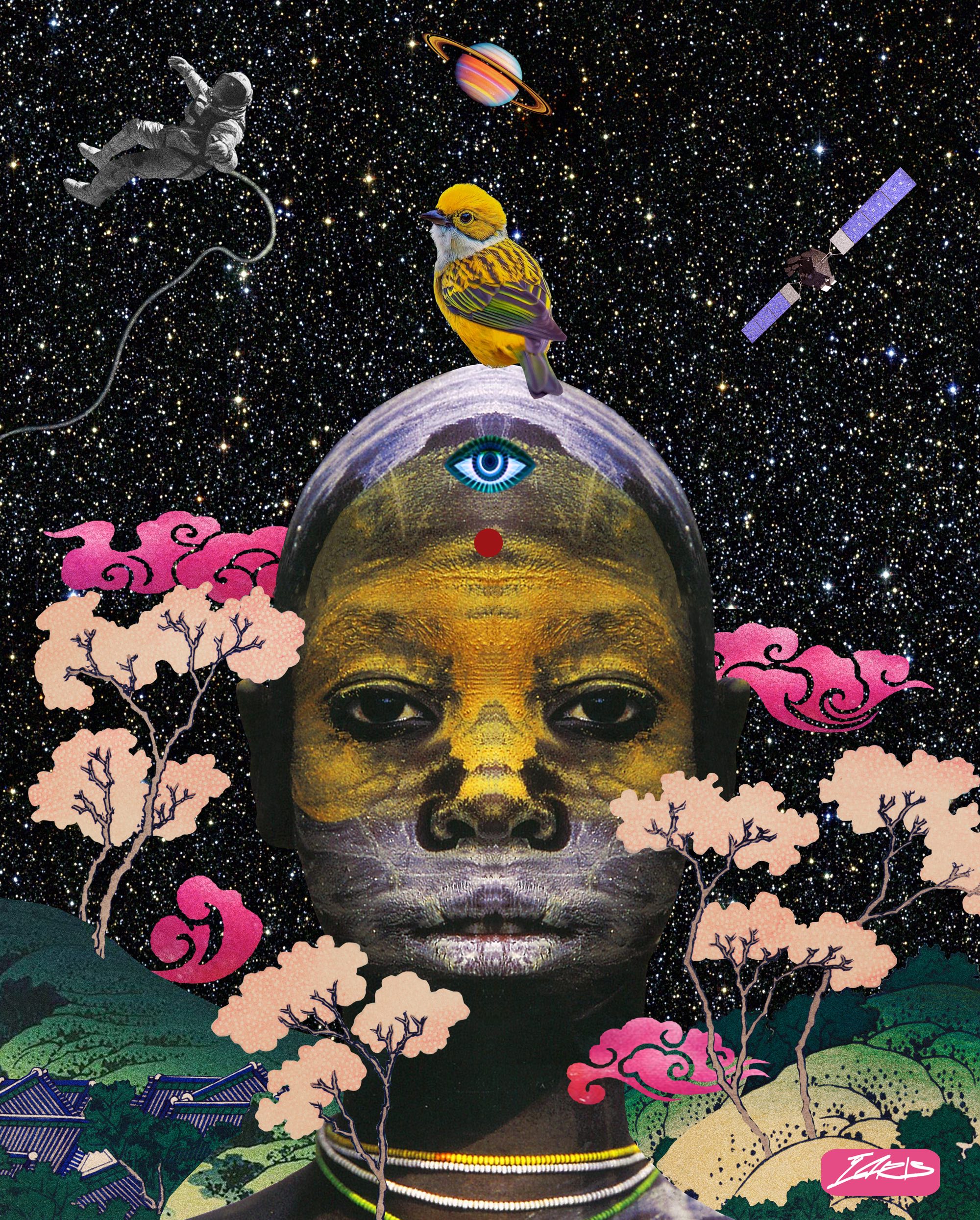

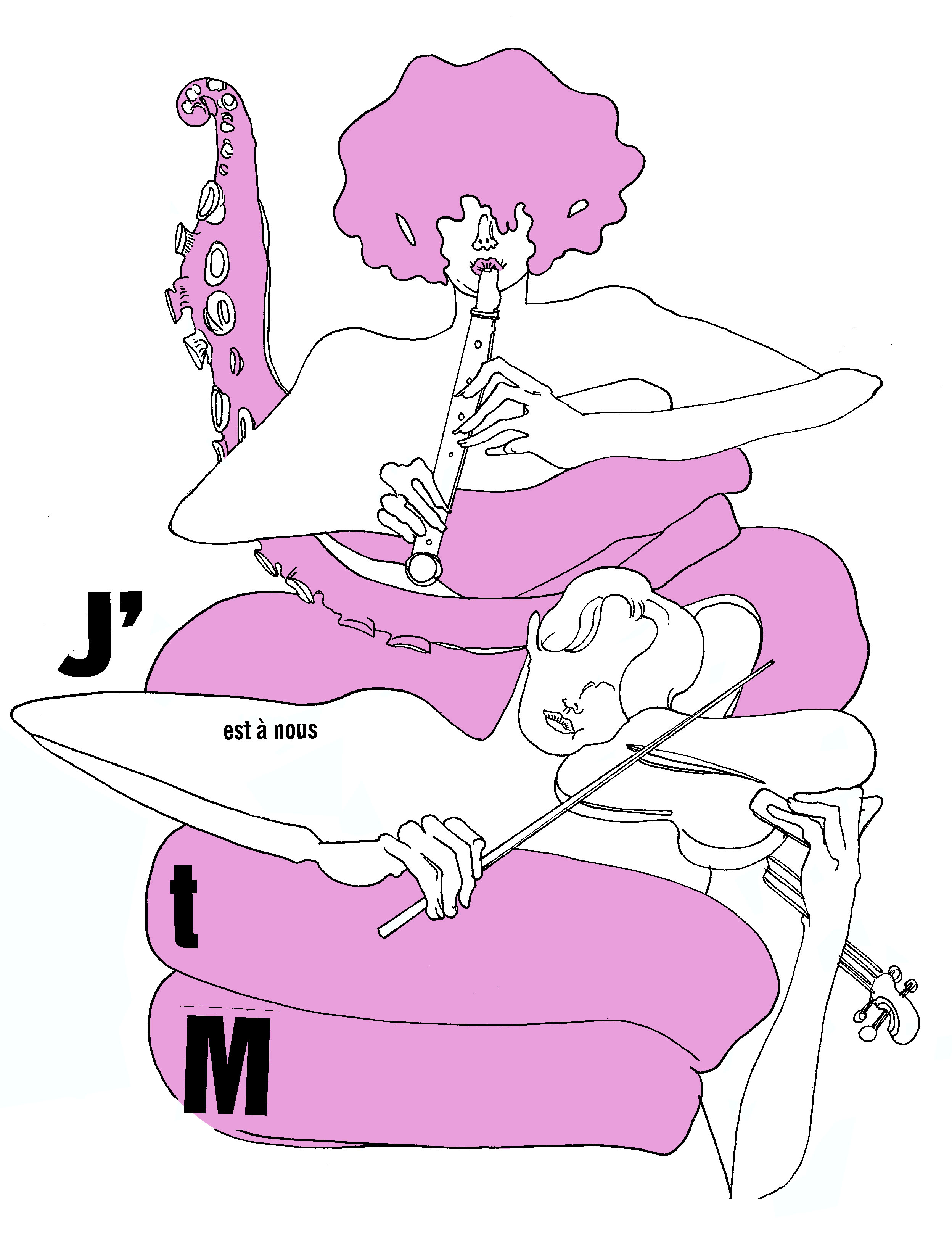
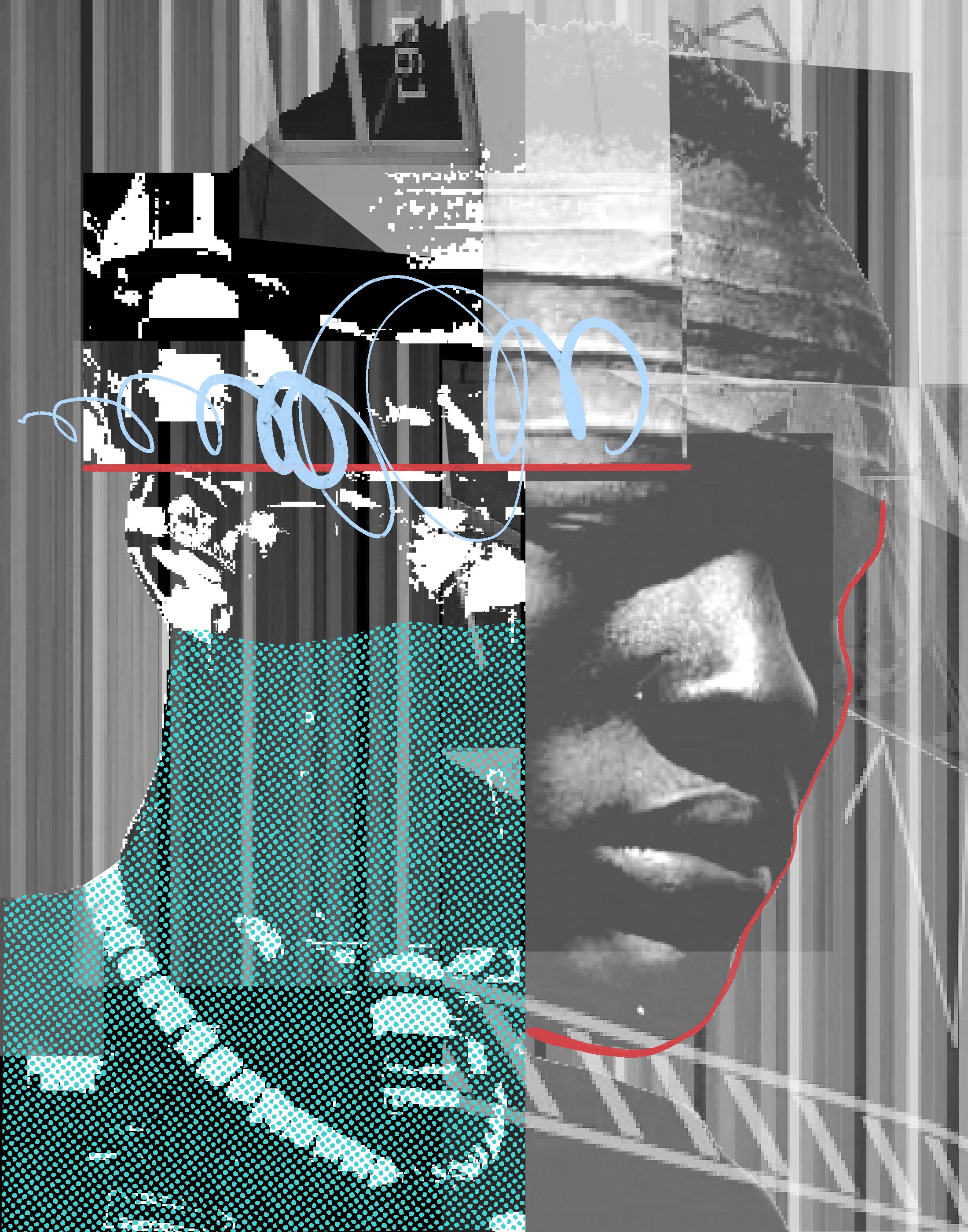















Leave a Reply